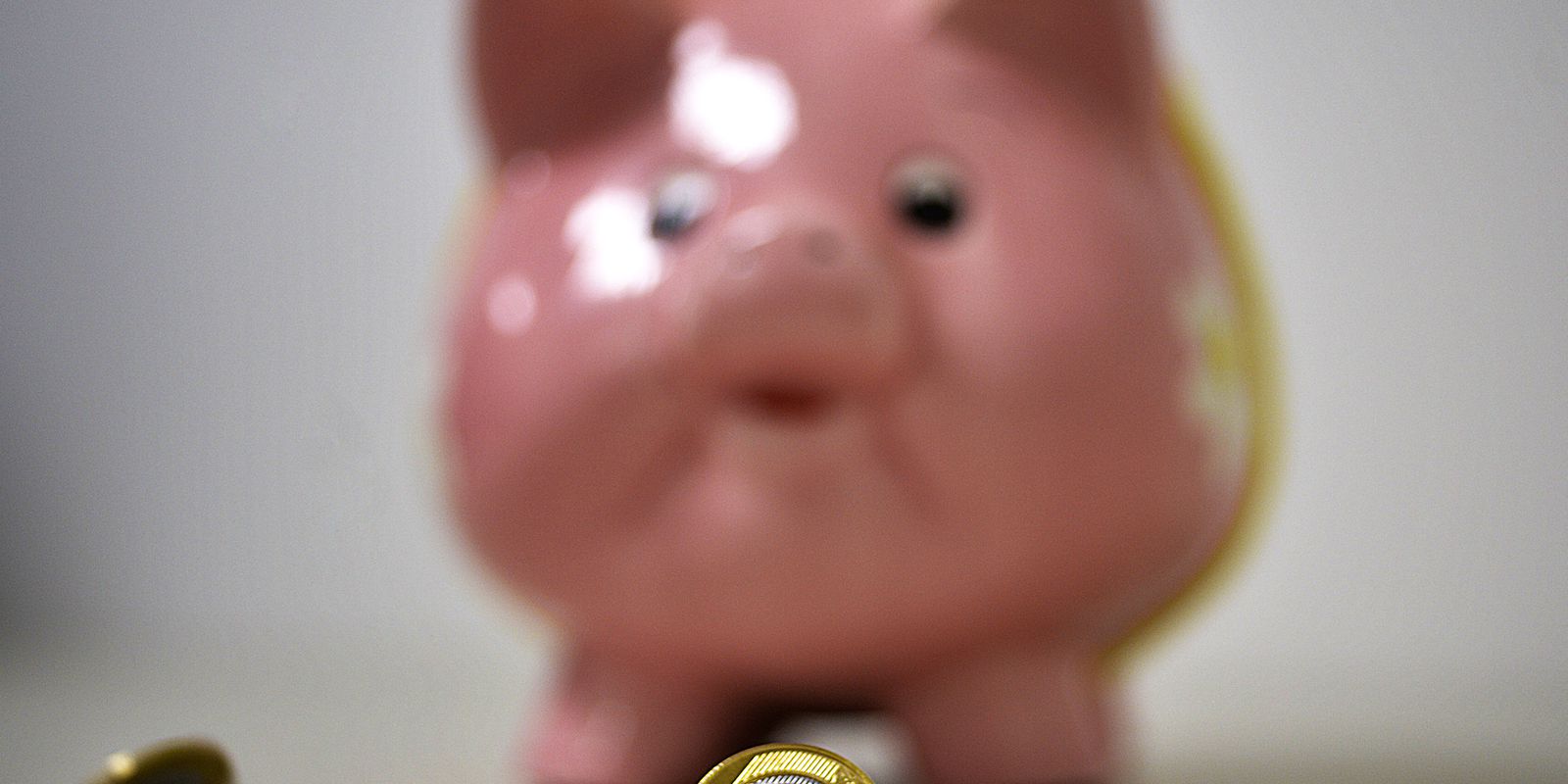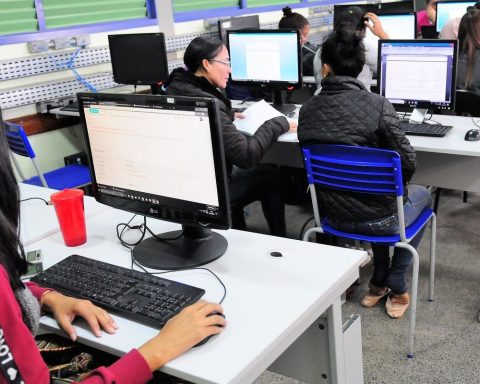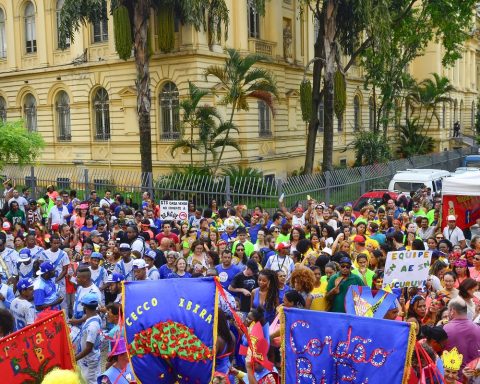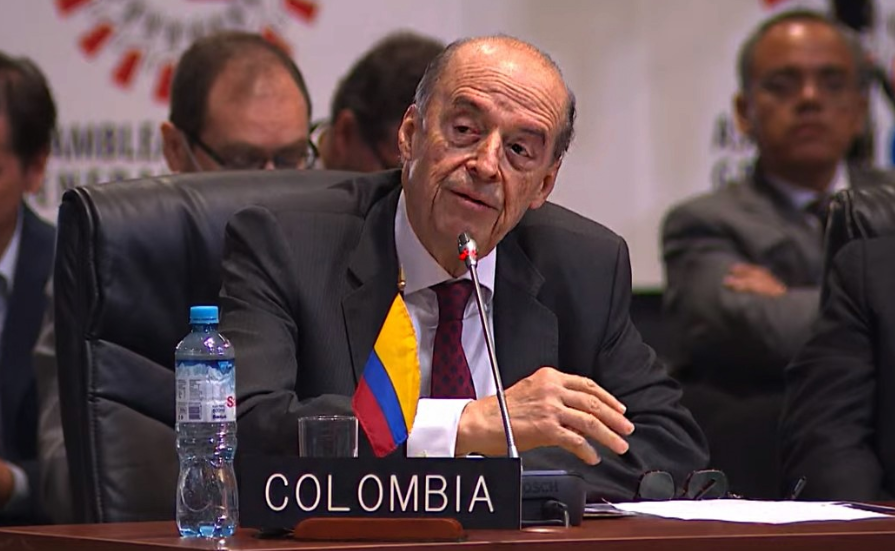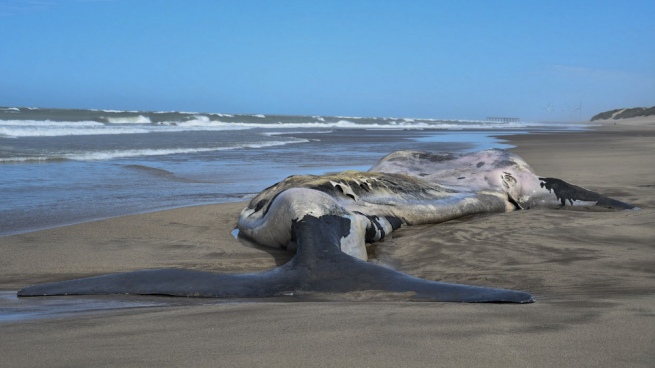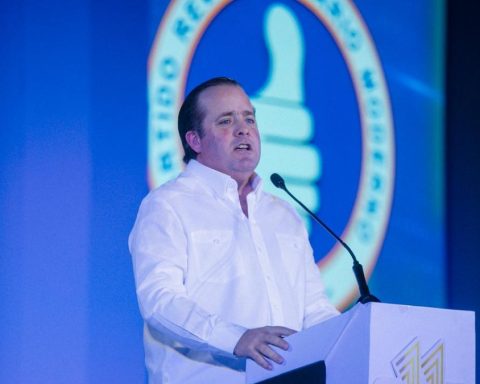The most traditional financial investment of Brazilians continues to face the flight of resources. In September, Brazilians withdrew R$5.9 billion more than they deposited in their savings account, the Central Bank (BC) reported today (6th). Net withdrawals (withdrawals minus deposits) are the second largest in history, second only to September last year, when withdrawals exceeded inflows by R$ 7.72 billion.
With the performance of September, savings accumulate net withdrawals of R$ 91.07 billion in the first 9 months of the year. This is the largest accumulated withdrawal for the period since the beginning of the historical series, in 1995.
This year, the booklet registered net inflow (more deposits than withdrawals) only in April, when the flow was positive at R$ 3.51 billion. In the remaining months, withdrawals exceeded deposits, in a scenario of high inflation and indebtedness, combined with lower yields due to increases in the Selic rate (basic interest rates in the economy), which make other fixed income investments more attractive.
In 2020, savings had a record net inflow (deposits minus withdrawals) of BRL 166.31 billion. The instability in the public bond market at the beginning of the covid-19 pandemic and the payment of emergency aid, which was deposited in Caixa Econômica Federal digital savings accounts, contributed to the result.
Last year, savings had registered a net withdrawal of R$ 35.5 billion. The application was pressured by the end of emergency aid, by low incomes and by the greater indebtedness of Brazilians. The net withdrawal – the difference between withdrawals and deposits – was not higher than that recorded in 2015 (R$ 53.57 billion) and in 2016 (R$ 40.7 billion). In those years, the strong economic crisis led Brazilians to withdraw funds from the application.
Performance
Until recently, savings yielded 70% of the Selic rate (basic interest in the economy). Since December of last year, the investment has started to yield the equivalent of the reference rate (TR) plus 6.17% per year, because the Selic has returned to above 8.5% per year. Currently, basic interest is at 13.75% per annum. The increase in interest rates, however, was insufficient to make savings yield more than inflation, causing some investors to flee.
In the 12 months ending in September, the investment yielded 7.12%, according to the Central Bank. In the same period, the National Consumer Price Index-15 (IPCA-15), which works as a official inflation preview, reached 7.96%. The full IPCA for September will be released on the 11th by the Brazilian Institute of Geography and Statistics (IBGE).
